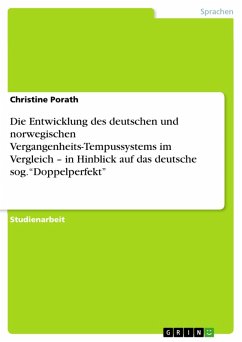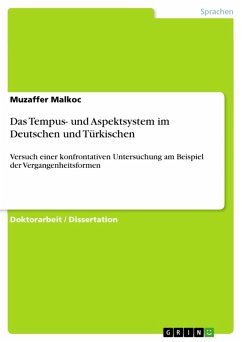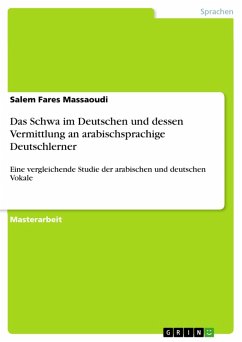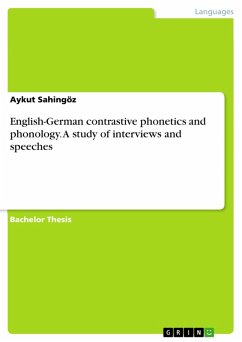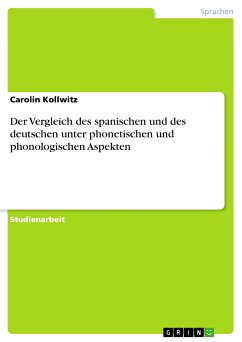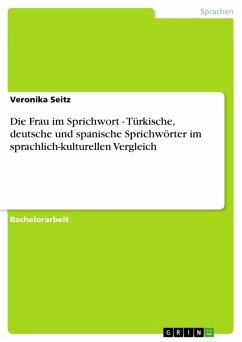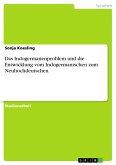Studienarbeit aus dem Jahr 2007 im Fachbereich Sprachwissenschaft / Sprachforschung (fachübergreifend), Note: B, University of Tromsø (Det humanistiske fakultet), Veranstaltung: Diversity and Typology, Sprache: Deutsch, Abstract: The phenomenon „Doppelperfekt“ (or according to Litvinov (1998): „doppelte Perfektbildung“) is a neglected subject in the german linguistics. There are just a few workings which are engaged in this topic. This paper is supposed to be an attempt of a historical reconstruction of this development in comparison to Norwegian. German and Norwegian started with a comparable tense system but anyhow the DPF did not emerge in Norwegian in contrast to German. This comparative survey could show that the reason why Norwegian never developed such double perfect periphrasis’ as German did could be found in the fact that the simple perfect forms preserved the original sense with a present reference (as present anterior) and that in addition the subjunctive field has not supported the grammaticalisation of the past participle of the auxiliar as a form for expressing an (additional) past sense. In other words this means that the absence of those factors which the author in a former paper assumed to be crucial for the emergence of the DPF in German can be assumed to be the reason for the absence of the DPF in Norwegian.
